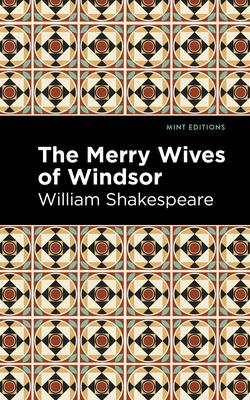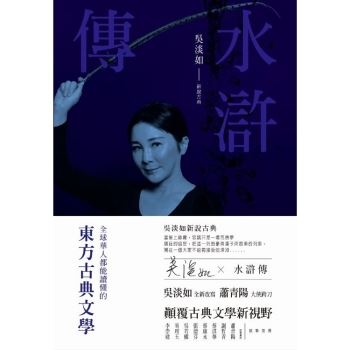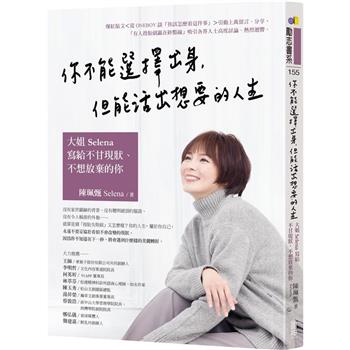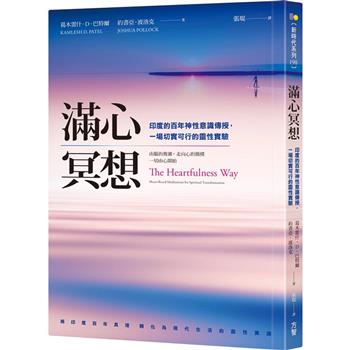The Merry Wives of Windsor (1601) is a comedy by William Shakespeare. Following the success of Henry IV Part I, it is rumored that Queen Elizabeth requested that the bard write a play featuring the character Falstaff in love. Falstaff, a clownish character notable for his bravery and loyalty to King Henry V, remains one of Shakespeare’s most beloved characters. Despite this prominence, it has earned a reputation as one of the playwright’s least staged works. "Come, we have a hot venison pasty to dinner: come, gentlemen, I hope we shall drink down all unkindness." For his wit and wordplay alone, William Shakespeare is often considered the greatest writer to ever work in the English language. Where he truly triumphs, however, is in his ability to portray complex human emotions, how these emotions contribute to relationships, and how these relationships interact with politics, culture, and religion. Arriving in Windsor with an empty stomach and even emptier pockets, Falstaff comes up with a plan to seduce a wealthy woman. When his servants refuse to deliver his letters to Mistresses Ford and Page--both of them married--he fires Pistol and Nym, who subsequently inform the ladies’ husbands. Eventually, the Mistresses get their hands on Falstaff’s letters and, upon discovering they are exactly the same, conspire to embarrass the aging, overweight bachelor. With a beautifully designed cover and professionally typeset manuscript, this edition of William Shakespeare’s The Merry Wives of Windsor is a classic of English literature reimagined for modern readers.
| FindBook |
有 1 項符合
Merry Wives of Windsor的圖書 |
 |
Merry Wives of Windsor 作者:Shakespeare 出版社:Mint Editions 出版日期:2022-01-11 語言:英文 規格:精裝 / 132頁 / 20.32 x 12.7 x 0.97 cm / 普通級/ 初版 |
| 圖書館借閱 |
| 國家圖書館 | 全國圖書書目資訊網 | 國立公共資訊圖書館 | 電子書服務平台 | MetaCat 跨館整合查詢 |
| 臺北市立圖書館 | 新北市立圖書館 | 基隆市公共圖書館 | 桃園市立圖書館 | 新竹縣公共圖書館 |
| 苗栗縣立圖書館 | 臺中市立圖書館 | 彰化縣公共圖書館 | 南投縣文化局 | 雲林縣公共圖書館 |
| 嘉義縣圖書館 | 臺南市立圖書館 | 高雄市立圖書館 | 屏東縣公共圖書館 | 宜蘭縣公共圖書館 |
| 花蓮縣文化局 | 臺東縣文化處 |
|
|
圖書介紹 - 資料來源:博客來 評分:
圖書名稱:Merry Wives of Windsor
|











